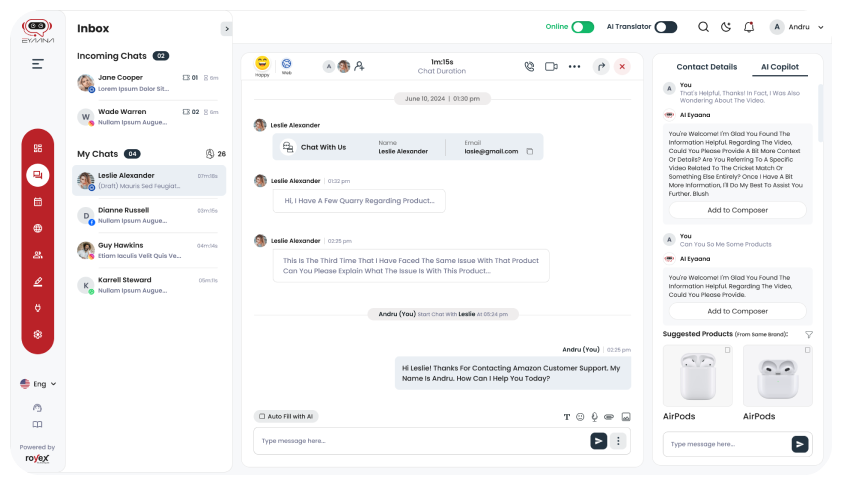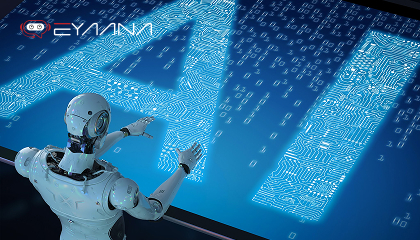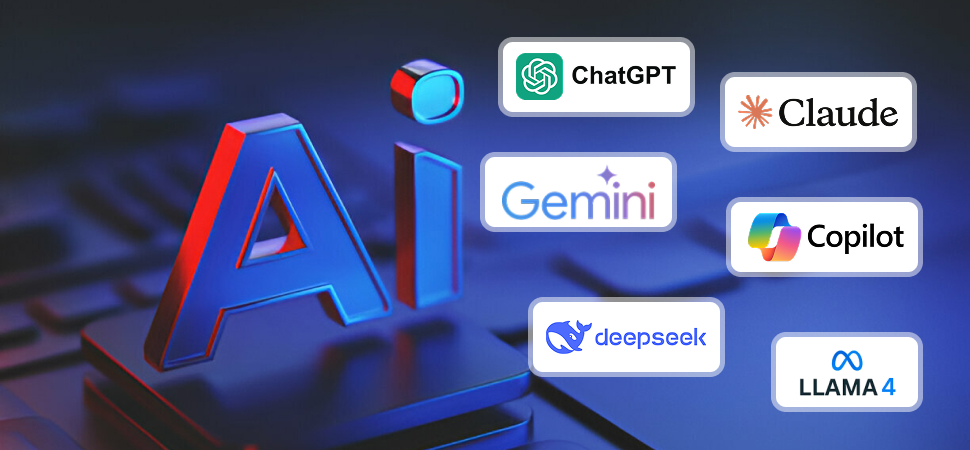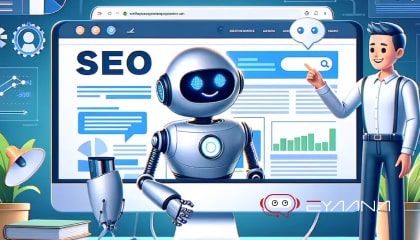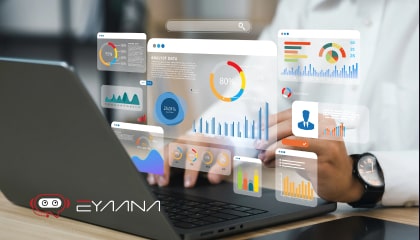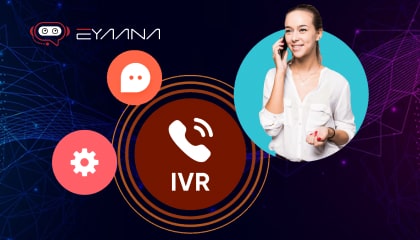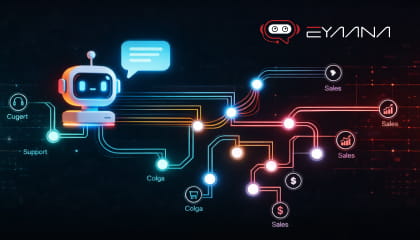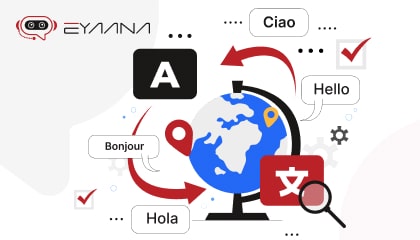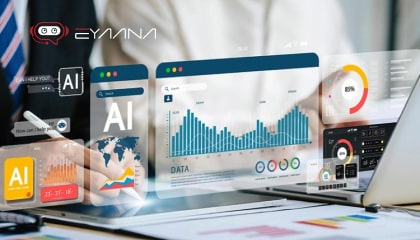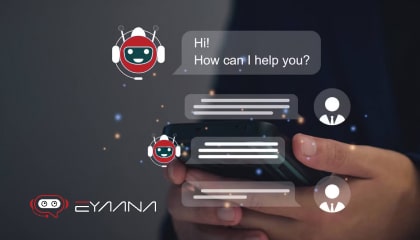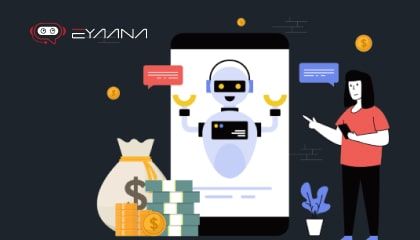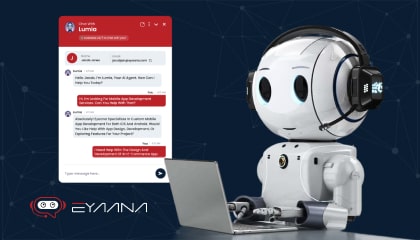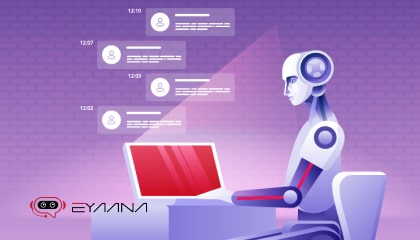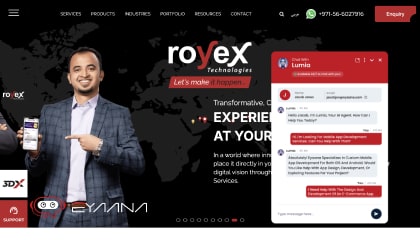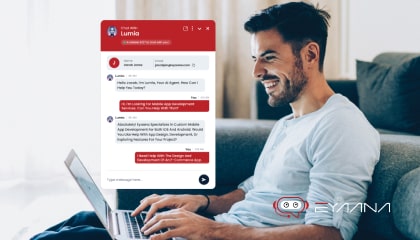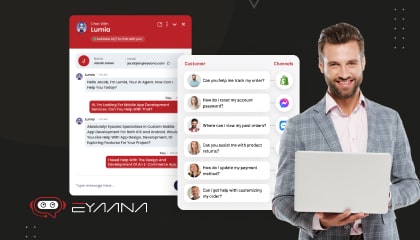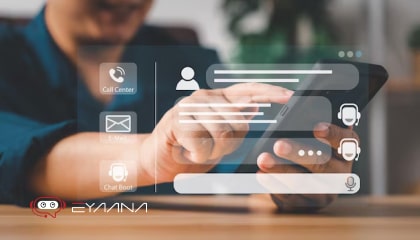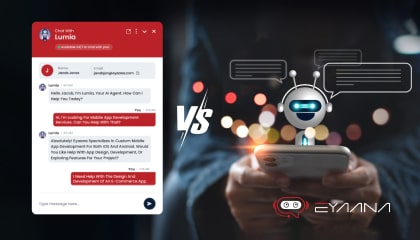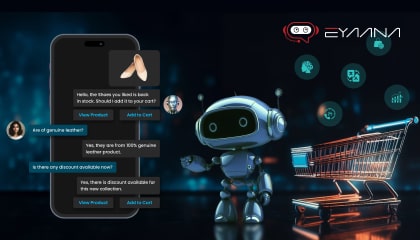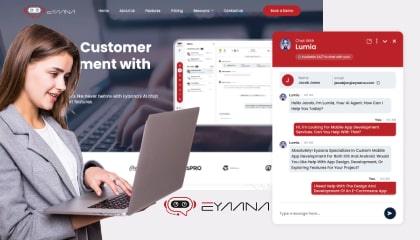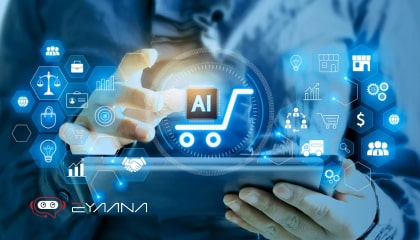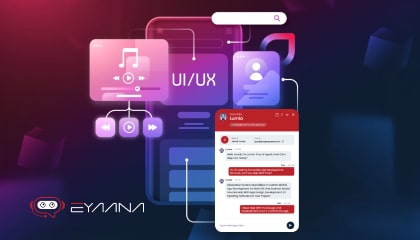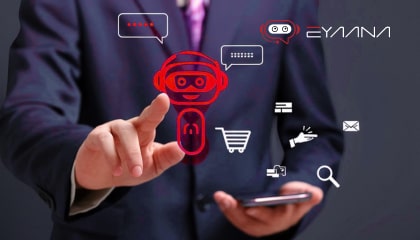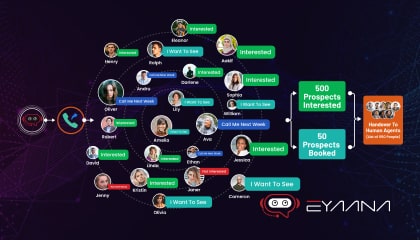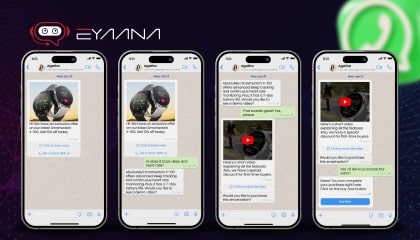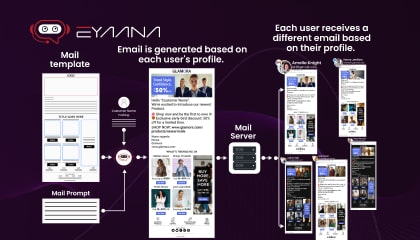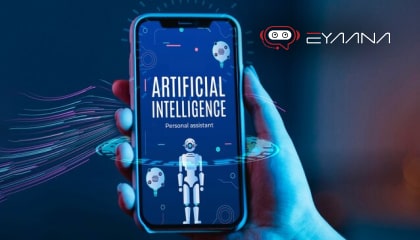Enquiry
Blog Details
Mastering B2B Sales Automation: Strategies, Tools, and Best Practices for Maximum Growth
The way businesses sell to other businesses is evolving at a rapid pace. Gone are the days when sales success depended solely on cold calls, in-person meetings, and manual pipeline management. In today’s digital-first economy, buyers are more informed, cycles are more complex, and expectations are higher than ever.
To keep up, modern sales teams are turning to automation — not just as a convenience, but as a strategic necessity. B2B sales automation leverages technology to eliminate repetitive tasks, streamline workflows, and equip sales professionals with the tools they need to work more efficiently and close deals faster.
This guide explores the full scope of B2B sales automation — what it is, why it matters, how it works, and how you can implement it effectively to gain a competitive edge. Whether you're building a lean start-up team or managing a large enterprise salesforce, this is your roadmap to selling smarter in the age of automation.
What is B2B Sales Automation?
![what-is-b2b-sales-automation-min[1].jpg](/media/s22hkl1k/what-is-b2b-sales-automation-min-1.jpg)
B2B sales automation refers to the use of software and technology to automate repetitive and time-consuming tasks in the business-to-business sales cycle. These tasks include lead generation, lead scoring, email outreach, CRM data management, follow-ups, and sales reporting. Automation integrates various tools to ensure seamless data flow and personalized communication, allowing sales teams to focus on high-value activities like building relationships and closing deals.
Key components include:
-
CRM Integration: Synchronizes customer data to maintain a single source of truth.
-
Email Automation: Sends personalized drip campaigns and follow-ups at scale.
-
Lead Scoring: Automatically qualifies and prioritizes leads based on engagement and fit.
-
Sales Engagement Tools: Manage outreach and track interactions efficiently.
Why B2B Sales Automation Matters
Automation is essential in modern B2B sales for several reasons:
-
Efficiency Gains: It reduces time spent on manual data entry, scheduling, and follow-ups, saving sales reps around 2+ hours daily.
-
Improved Lead Quality: Automated lead scoring and segmentation help prioritize prospects most likely to convert.
-
Consistent Customer Engagement: Automation ensures timely, personalized communication, improving customer experience and nurturing relationships.
-
Increased Sales ROI: Companies using automation report higher sales returns and faster sales cycles, with a reduction in cycle time and lower marketing costs.
-
Scalability: Automation supports managing large volumes of leads and complex sales processes without proportional increases in headcount.
Common Sales Tasks That Can Be Automated
B2B sales automation can handle a wide range of tasks, including:
-
Lead discovery and prospecting
-
Lead scoring and assignment
-
Email outreach and follow-ups
-
Scheduling calls and meetings
-
Data entry and CRM updates
-
Proposal and contract generation
-
Sales forecasting and reporting
By automating these, sales teams can focus on strategic selling and relationship-building.
Essential Tools for B2B Sales Automation
A robust B2B sales automation ecosystem typically includes:
|
Tool Type |
Purpose |
Examples |
|
CRM Systems |
Centralize customer data and interactions |
Salesforce, HubSpot, Eyaana |
|
Marketing Automation |
Manage email campaigns and lead nurturing |
Eyaana, Marketo, HubSpot |
|
Sales Engagement Platforms |
Automate outreach and track engagement |
Eyaana, SalesLoft, Apollo |
|
Lead Scoring Tools |
Prioritize leads based on behavior and data |
Eyaana, LeadSquared, Marketo |
|
Content Personalization |
Tailor content dynamically based on user data |
Adobe Campaign, HubSpot |
|
Data Parsing & Enrichment |
Gather and update lead info from external sources |
LinkedIn Sales Navigator, Crunchbase |
These tools integrate to provide real-time insights and automate workflows, enhancing sales productivity and accuracy.
Implementing B2B Sales Automation: Best Practices
![implementing-b2b-sales-automation-best-practices-min[1].jpg](/media/cqab20gs/implementing-b2b-sales-automation-best-practices-min-1.jpg)
To successfully adopt sales automation, businesses should:
-
Map the Sales Process: Identify repetitive tasks and pain points suitable for automation.
-
Choose the Right Tools: Select platforms that integrate well with existing CRM and marketing systems.
-
Focus on Data Quality: Ensure clean, standardized data for accurate lead scoring and segmentation.
-
Personalize Automation: Use behavior and demographic data to tailor communications and content.
-
Train Sales Teams: Equip reps with skills to leverage automation tools effectively.
-
Monitor and Optimize: Continuously track performance metrics and refine automation workflows.
Customizable CRM systems can automate up to 80% of routine tasks, such as contract generation, invoicing, and task reminders, freeing managers to focus on client engagement
Future Trends in B2B Sales Automation
Emerging trends include:
-
AI and Machine Learning: Enhancing predictive lead scoring, personalized content, and sales forecasting.
-
Conversational Automation: Using chatbots and voice assistants for initial lead qualification and customer support.
-
Deeper Integration: Seamless connectivity between sales, marketing, and customer service platforms.
-
Advanced Analytics: Leveraging big data to gain insights into customer behavior and optimize sales strategies.
Conclusion
B2B sales automation is a powerful strategy that drives efficiency, improves lead management, and enhances customer engagement. By automating routine tasks and leveraging data-driven insights, businesses can accelerate their sales cycles, increase conversion rates, and boost revenue. Investing in the right tools and adopting best practices enables sales teams to focus on what truly matters—building relationships and closing deals.
Why Eyaana is the Best Choice for AI Chatbot?
![why-eyaana-is-the-best-choice-min[1].jpg](/media/iz0dvyta/why-eyaana-is-the-best-choice-min-1.jpg)
If you’re looking for a powerful yet user-friendly AI chatbot app, Eyaana, customer service ai is worth considering. With Eyaana, businesses can seamlessly turn website traffic into live, engaging conversations, making it easier to convert leads into customers.
Eyaana is designed to be an AI-first customer support and sales solution, meaning it comes with powerful automation features, yet it’s easy to use even for non-technical teams. Its inbuilt CRM and helpdesk make customer management simple, while its AI-driven chat capabilities provide a smart, personalized experience for users.
Inbuilt CRM and Helpdesk: Eyaana comes with a built-in CRM and helpdesk, allowing businesses to manage customer data and support interactions in one place.
Flexible Pricing: Choose from Eyaana’s Lite and Pro packages starting from $99/month, with flexible, commitment-free tiers tailored to suit businesses of all sizes.
Multilingual Support: Engage a diverse audience with language options like Arabic, English, Hindi, and Urdu.
AI-First Design: Eyaana’s chatbot learns over time, enhancing customer interactions and turning site visits into conversations.
Scalability: Eyaana adapts to business growth, handling higher customer interactions with ease.
24/7 Support & Analytics: Real-time data and round-the-clock support help improve customer experiences.
For businesses looking to implement 24/7 customer support, Eyaana offers an excellent solution. With advanced AI capabilities, Eyaana is designed to provide fast, accurate, and personalized customer service around the clock. By choosing Eyaana, businesses can ensure that their customers are always taken care of, without needing to rely on human agents for every single inquiry. Whether it’s for answering questions, troubleshooting issues, or processing orders, Eyaana can help businesses deliver seamless 24/7 support with ease.
To explore how AI can enhance your business operations, sign up for free and get started with Eyaana today.
Do you need help?
We will provide detailed information about our services, types of work, and top projects. We will calculate the cost and prepare a commercial proposal.
